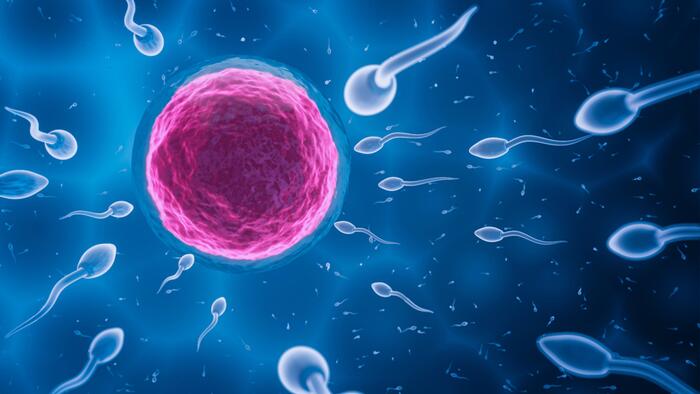The article from The Mind Unleashed highlights a pressing and often overlooked crisis affecting humanity’s future—significant declines in sperm counts in men worldwide. According to a comprehensive meta-analysis led by Dr. Hagai Levine, average sperm counts have dropped by nearly 52% since 1973, with the most alarming acceleration occurring post-2000. The implications extend beyond individual fertility concerns, raising questions about the long-term viability of the human race. Dr. Levine’s remarks frame this crisis as a “canary in a coal mine” moment, emphasizing the urgent need for global action to understand the causes and find effective solutions to this alarming decline in male reproductive health.
The decline in sperm counts is not just a localized issue confined to Western nations; it is a widespread phenomenon impacting men across various regions, including South America, Asia, and Africa. This consistent downward trend suggests that the problem requires immediate attention and a concerted effort to pinpoint and address the underlying causes. Beyond fertility, low sperm counts are increasingly being recognized as an indicator of overall male health, reflecting underlying health issues such as hormonal imbalances and chronic diseases. This crisis thereby acts as a reflection of broader health problems men face globally, highlighting an urgent need for societal awareness and response.
Several factors have been identified as likely contributors to this decline in sperm counts. Key among these are endocrine-disrupting chemicals (EDCs) found in everyday products, such as plastics and pesticides, which interfere with hormonal balance crucial for sperm production. Lifestyle changes, including poor diet, obesity, and stress, have exacerbated the problem, leading to metabolic issues that further harm reproductive health. Additionally, environmental pollution from airborne toxins and microplastics has been linked to reproductive health issues, showcasing how our personal environments can significantly affect health. This multifaceted crisis ultimately points to larger systemic issues tied to modern living, necessitating an examination of how societal choices influence individual health.
Understanding the implications of declining sperm counts is crucial, as they encompass not just reproductive concerns but broader public health and societal stability issues. The correlation between low sperm counts and various health problems indicates a trend of declining male health. Similarly, falling fertility rates present significant demographic challenges for countries with aging populations, potentially resulting in labor shortages and strain on healthcare systems. Therefore, addressing sperm count declines is not solely a men’s health issue; it poses threats to the continuity and economic viability of societies as a whole. Acknowledging the urgency of this crisis is essential to safeguarding the future health and well-being of generations to come.
Fortunately, there are practical steps individuals and communities can take to mitigate these trends. Simple lifestyle changes, such as adopting a balanced diet rich in nutrients, engaging in regular exercise, managing stress, and reducing exposure to harmful chemicals are vital. Actions like using glass containers instead of plastic, opting for organic produce, and avoiding products containing EDCs can significantly reduce personal exposure to harmful substances. On a broader scale, society must emphasize stricter regulations on the use of harmful chemicals and implement public awareness campaigns to inform citizens about the risks posed by environmental toxins and unhealthy habits.
The challenge of declining sperm counts presents an opportunity for major societal change, reflecting the interconnectedness of individual health and broader environmental and lifestyle choices. Experts like Dr. Shanna Swan and Dr. Hagai Levine advocate for systemic change at all levels—individuals, governments, and industries—to combat this crisis effectively. With timely actions focusing on awareness, regulation, and lifestyle shifts, society can address this urgent issue. The decline in sperm counts is not just a warning but a chance to reshape the future for humanity, underlining the importance of immediate action to ensure the health and vitality of coming generations.

